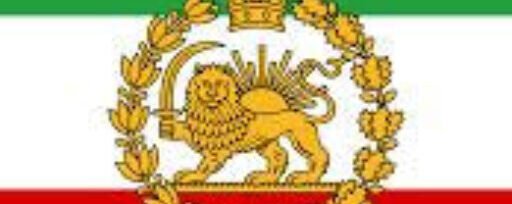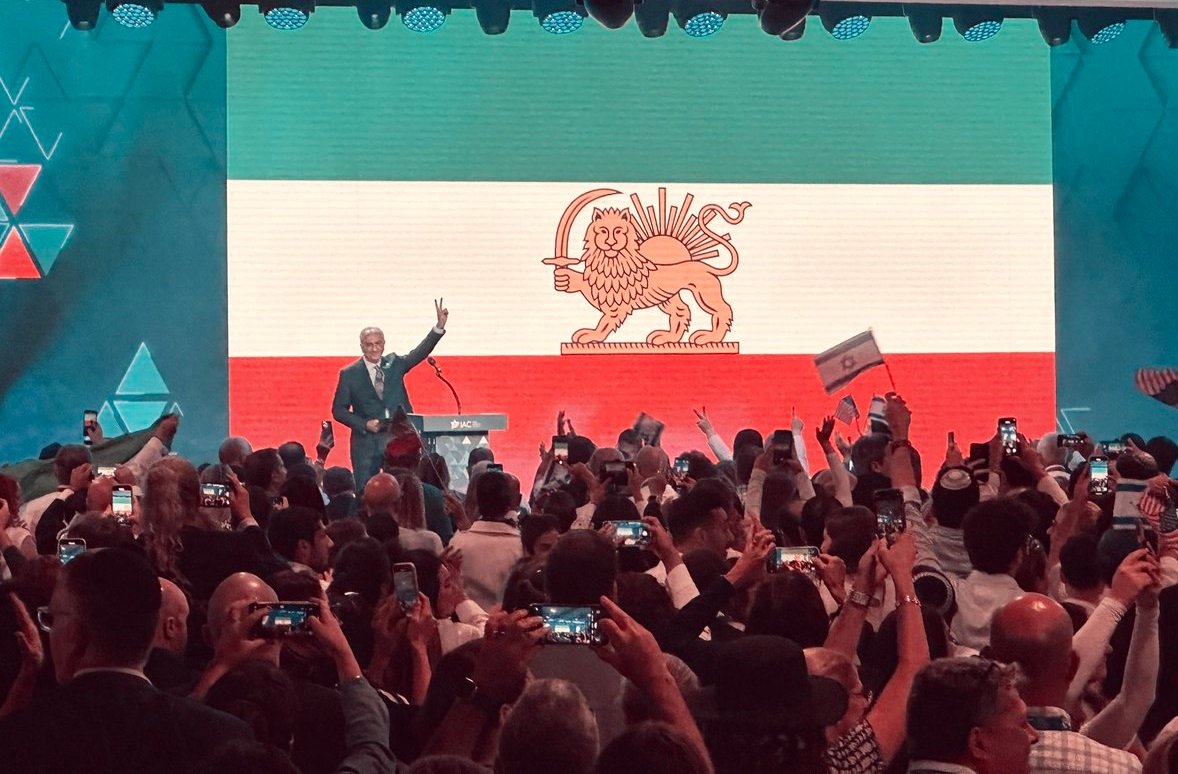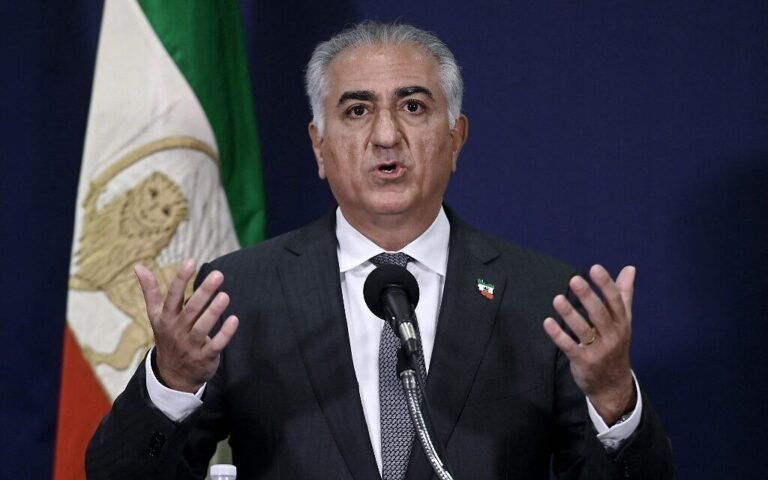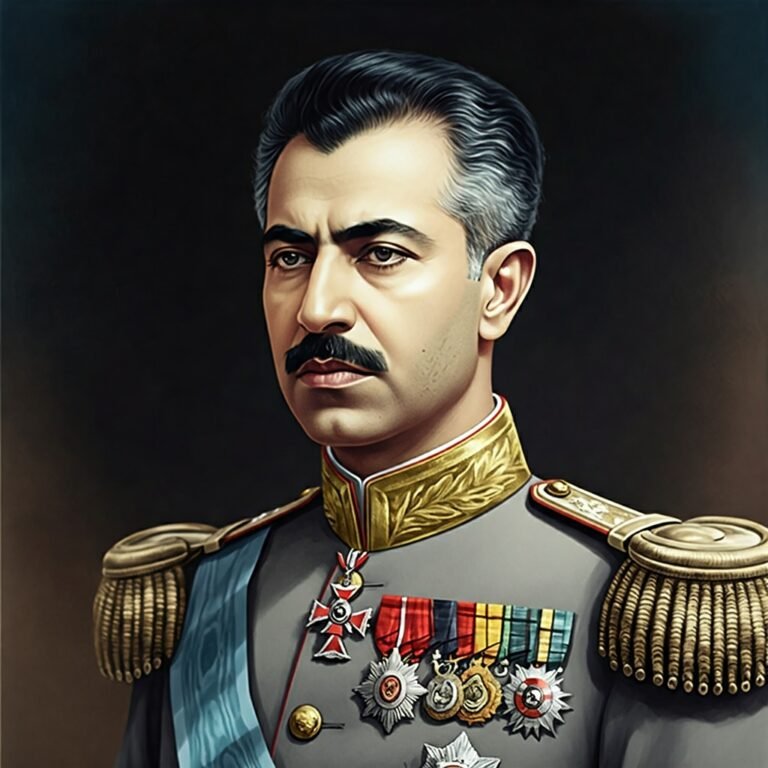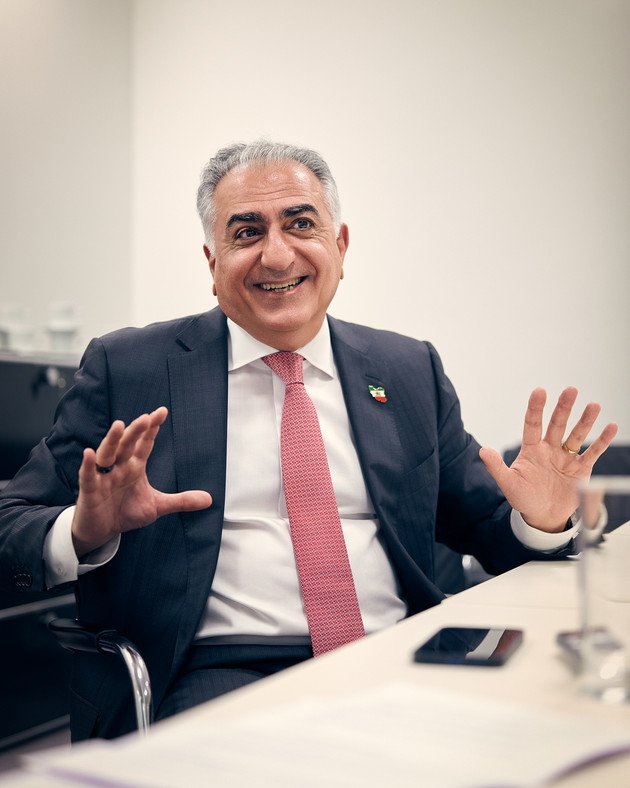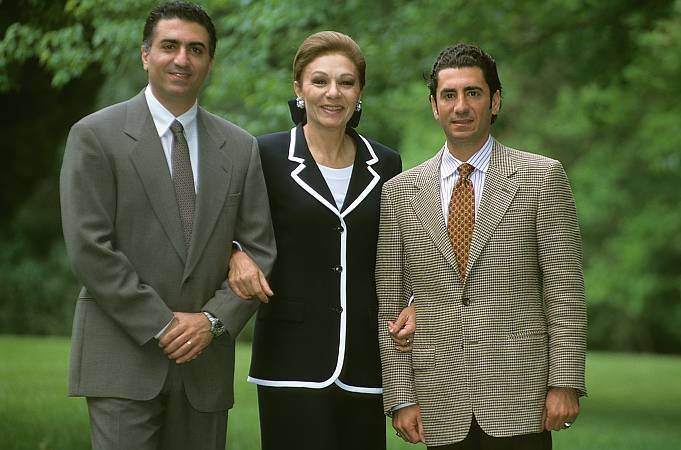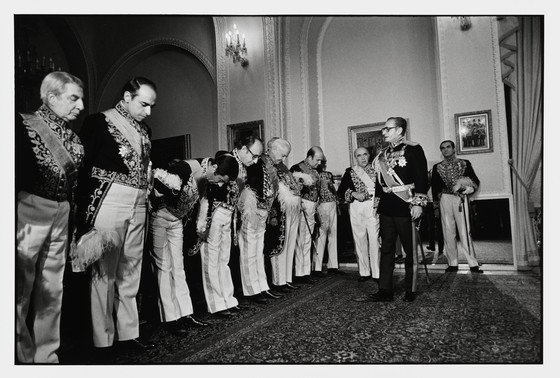Revisiting the Reign of King Reza Pahlavi: Implications for Modern Iran
Current State of Affairs in Iran: A Historical Perspective
The contemporary issues faced by Iran cannot be understood without recognizing the historical context established during King Reza Pahlavi’s reign. His efforts to modernize the country and implement progressive policies significantly influenced both political and social dynamics in present-day Iran. The Pahlavi era witnessed an aggressive push towards Westernization, which included educational reforms, the promotion of women’s rights, and the establishment of industrial sectors—a departure from traditional norms. These reforms were met with a mix of enthusiasm and resistance, setting the stage for the complex relationship between progressive and conservative factions that endures in Iranian society today.
In recent years, Iran has experienced heightened tensions between reformist movements advocating for greater political freedoms and conservative elements seeking to maintain the status quo. The legacy of Pahlavi’s modernization efforts can be seen as a double-edged sword: while they laid the groundwork for a more educated middle class, they also fostered a backlash among those who perceived these changes as a threat to cultural and religious values. This ongoing struggle can also be traced to the economic challenges that arose from ambitious reforms and the consequent discontent among certain demographics who felt disconnected from the benefits of modernization.
Moreover, significant events in Iran today, such as protests advocating for civil liberties and women’s rights, often reflect the unresolved tensions rooted in the Pahlavi era. The economy remains heavily influenced by choices made during his rule, with reliance on oil revenues being a pivotal point of contention. Understanding the current socio-political climate of Iran requires a willingness to explore how these historical influences shape today’s governance and citizen engagement. The aspirations of the Iranian people are intricately linked to this historical awareness, as they seek to navigate a path toward a more democratic society while reconciling the legacies of their past.
The Influence of Pahlavi Ideals on Today’s Iranian Society
The legacy of King Reza Pahlavi continues to exert significant influence on contemporary Iranian society, shaping the ideologies of various groups within the nation. His vision for modernization and Westernization, driven by the belief that these changes would elevate Iran’s status on the global stage, resonates particularly with younger generations and the Iranian diaspora. In a world increasingly intertwined with global culture, many young Iranians identify with Pahlavi’s ideals, perceiving them as pathways to progress and empowerment.
Among the supporters of Pahlavi’s legacy are monarchists who advocate for a return to constitutional monarchy, viewing the Pahlavi era as a golden age of stability and advancement. This faction argues that the monarchy provided a unifying sense of identity, which remains relevant today as Iranians grapple with issues of national pride and cultural authenticity amid widespread political dissent. They often invoke Pahlavi’s emphasis on secularism and modernization to argue for a reimagined governance structure that aligns with their vision of a prosperous Iran.
Contrastingly, reformists, while acknowledging Pahlavi’s contributions to modernization, emphasize the need for a democratic framework as an alternative to both Pahlavi nostalgia and the existing regime. They critique the Pahlavi approach for being overly reliant on Western models, cautioning that such influence can detract from indigenous political and cultural values. This creates a dynamic discourse on the integration of past ideals with contemporary demands for democracy and human rights.
Additionally, traditionalists offer a staunch counter-narrative that underscores Iran’s historical and religious roots, suggesting that the Pahlavi reforms undermined essential aspects of Iranian identity. This perspective generates a complex dialogue about the intersection of modernity and tradition in shaping national identity capable of bridging generational gaps.
Ultimately, Pahlavi’s ideals serve as a point of reference for multiple factions within Iranian society, inspiring social movements and cultural expressions that seek to redefine what it means to be Iranian in today’s world. This ongoing discussion illustrates the enduring impact of his reign on the collective consciousness of modern Iran.
